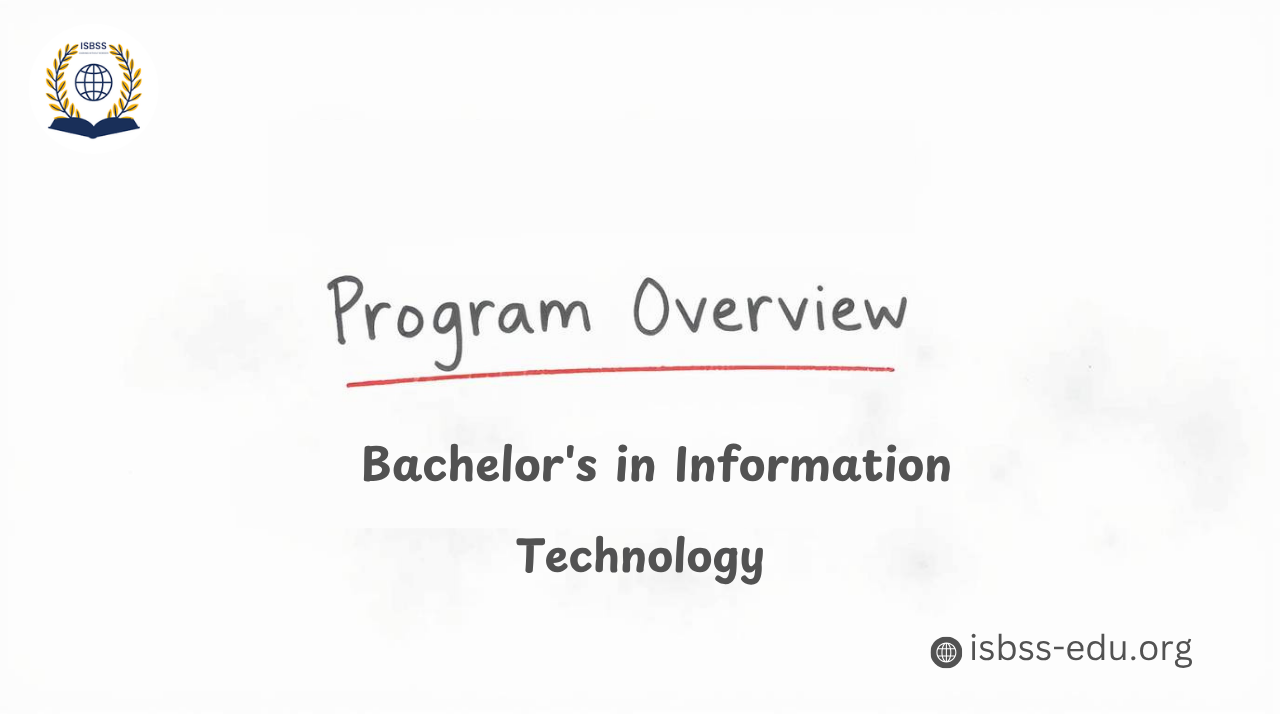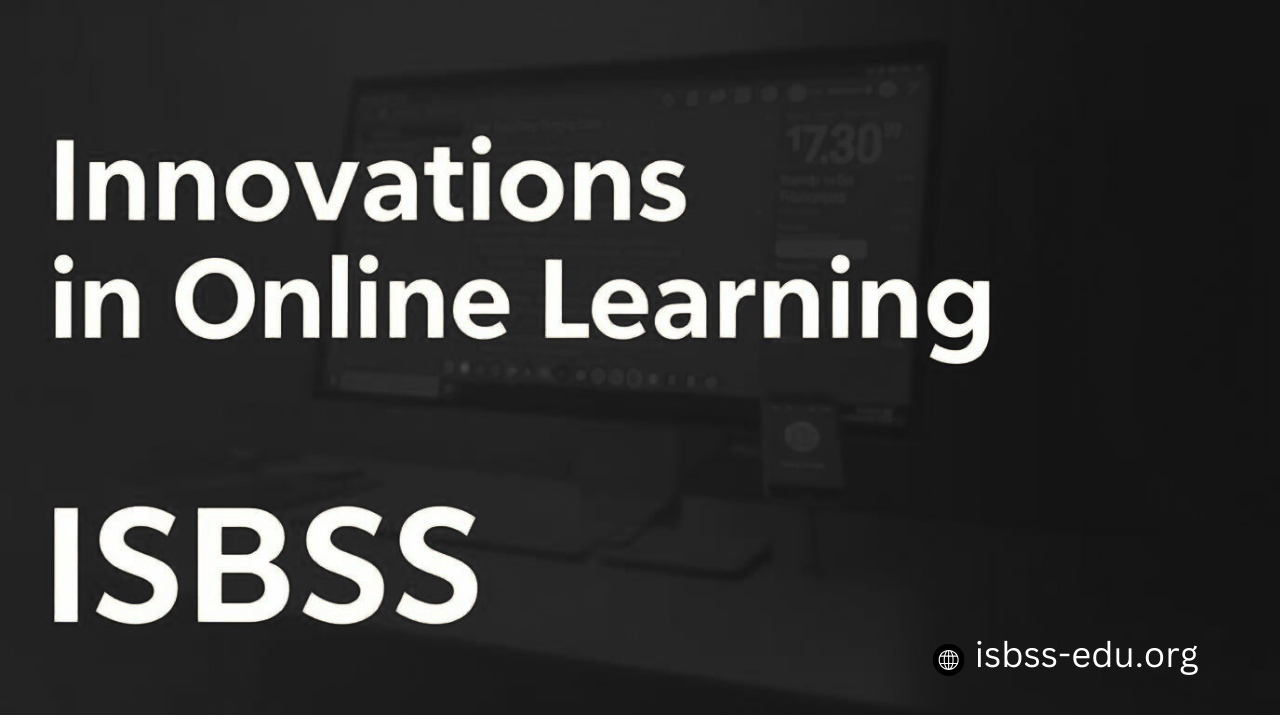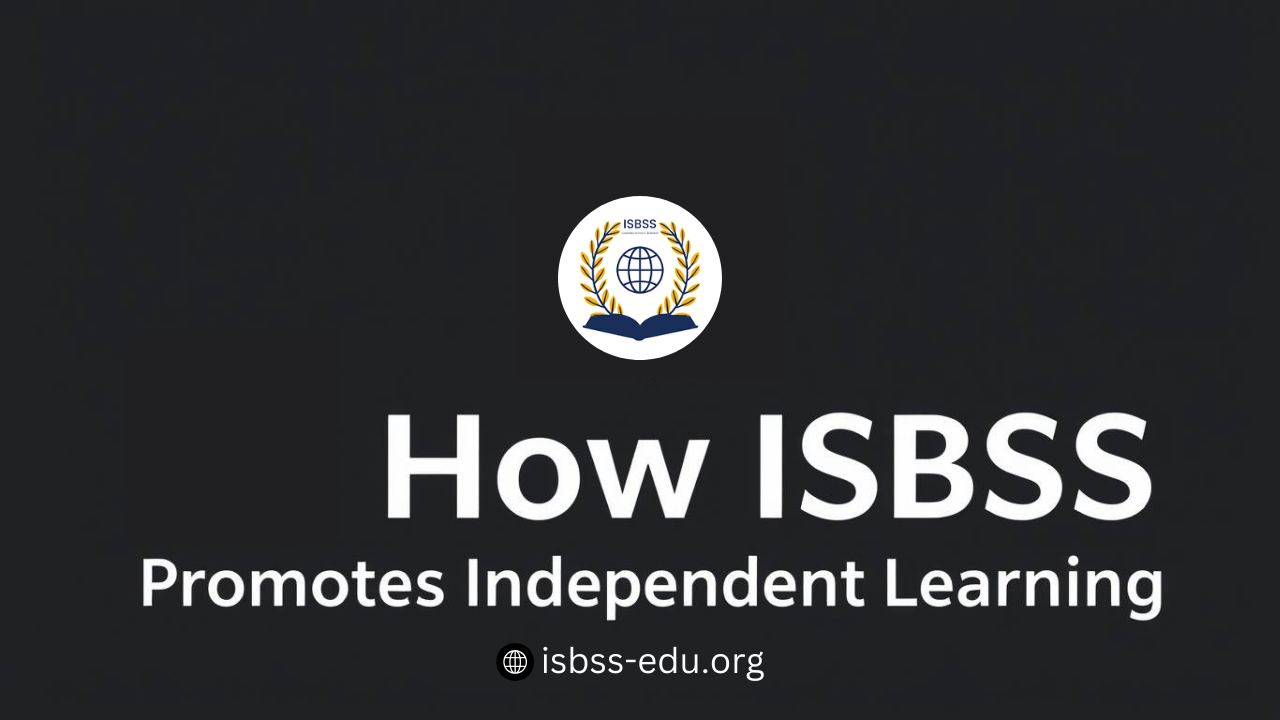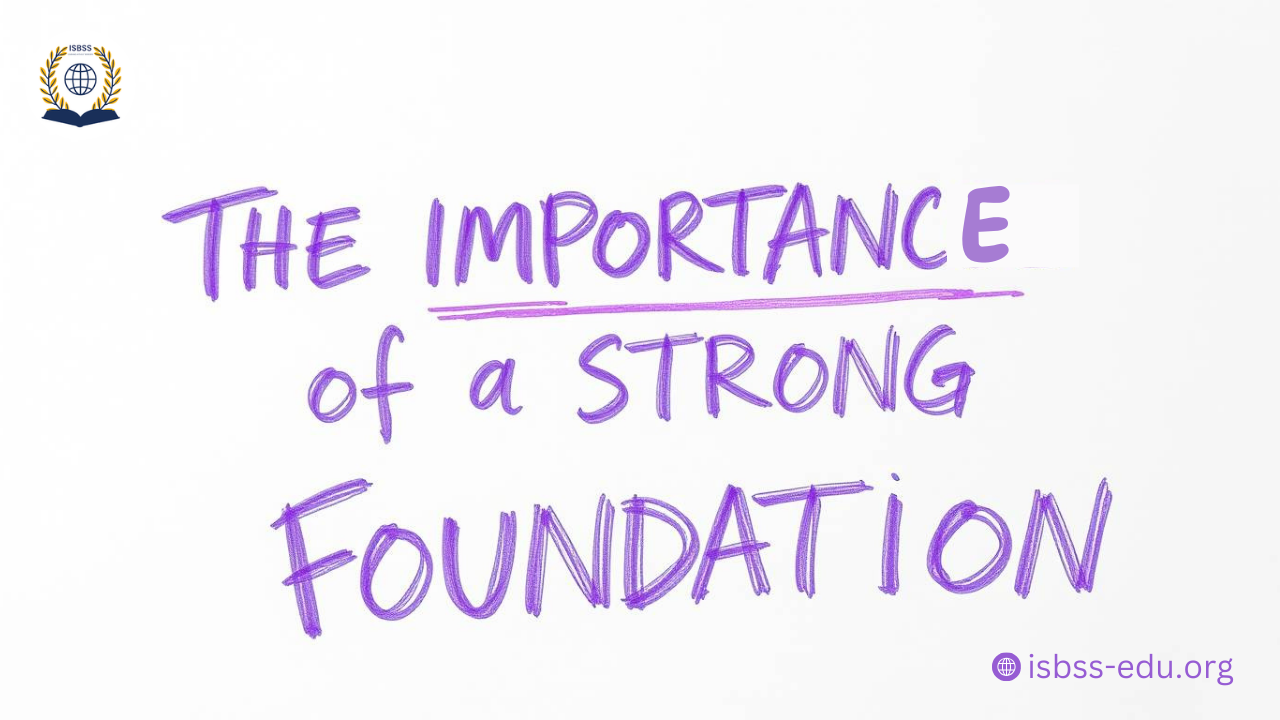Career Paths for Information Technology Graduates What if I told you the next big leap in your career-or even your entire life-could start with just one bold decision? Sounds dramatic, right? But it’s true. Let’s be real for a second, …
How ISBSS Degrees Prepare You for Success Have you ever felt like the traditional route just isn’t cutting it anymore? Like you’re sitting in class, ticking boxes, but deep down you’re thinking- There’s got to be more than this. You’re …
Program Overview Bachelor’s in Information Technology What if your degree did more than just sit on your resume? What if it became the launchpad for a career that’s dynamic, future-ready, and truly global? Whether you dream in code, live for …
Career Paths for Computer Science Graduates What if one decision could shape your future — and the future of the world around you? Sounds a bit dramatic, right? But let’s be real — choosing where (and how) you study is …
Career Paths for International Business Graduates Ever found yourself wondering what doors a degree in International Business can really open? You’re not alone. “Business” sounds impressive, right? But let’s be honest- it’s such a broad word. If you’ve asked yourself …
Skills Gained from ISBSS Degree Programs Skills Gained from ISBSS Degree Programs That Set You Apart in Today’s World Ever wonder why some graduates land amazing opportunities right after college, while others seem stuck, even with the same degree? Here’s …
Real-World Application of ISBSS Degrees Ever feel like traditional education just doesn’t prepare you for the real world? You’re not alone. International School of Business, Social Science, and Technology (ISBSS) exists to change that story. We’re not here to throw …
Innovations in Online Learning at ISBSS Ever wondered what sets successful people apart? It’s not always talent. Not just luck either. Honestly, from what I’ve seen, it often comes down to the kind of education they get- and the environment …
How ISBSS Promotes Independent Learning Let’s be honest- education is evolving. Remember when learning meant sitting still, memorizing facts, and hoping to ace the test? Yeah, those days are long gone. Today, the world needs more than just good test-takers. …
The Importance of a Strong Academic Foundation Tech’s evolving by the minute. Markets keep shifting. And the pressure to stay ahead of the curve? It’s intense. So, how do you actually stand out when everyone’s chasing the next big thing? …










